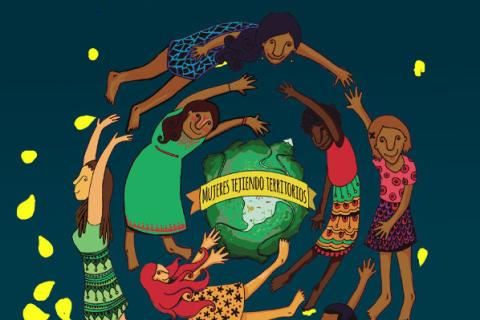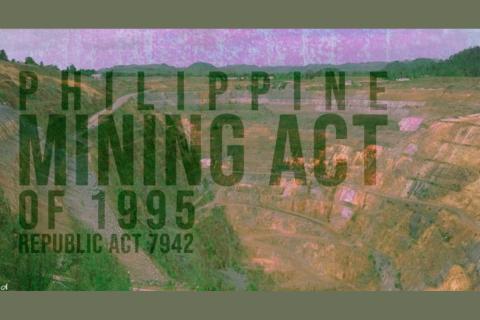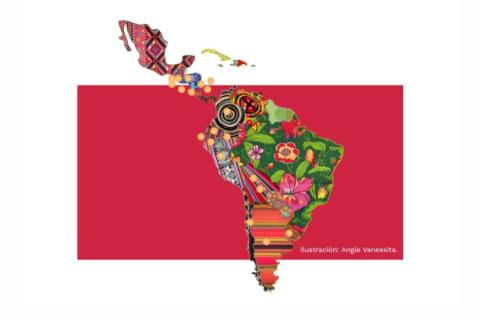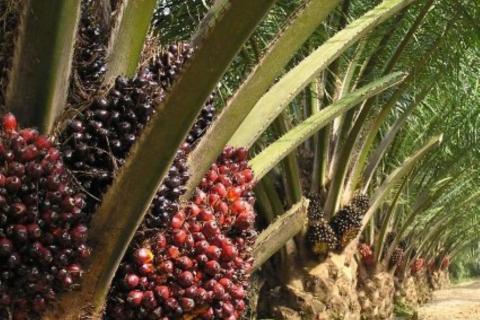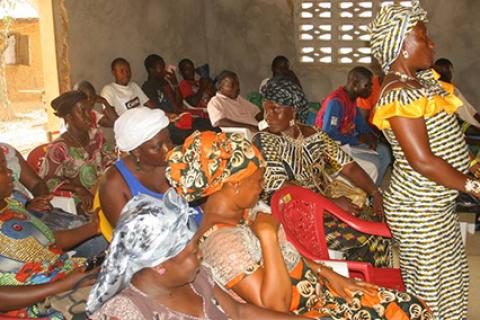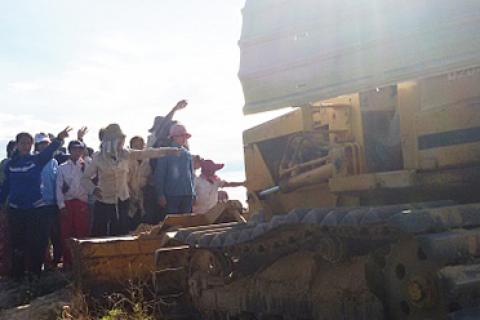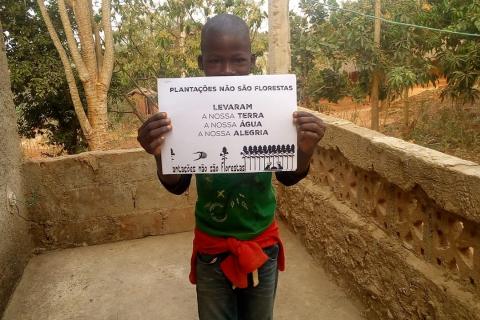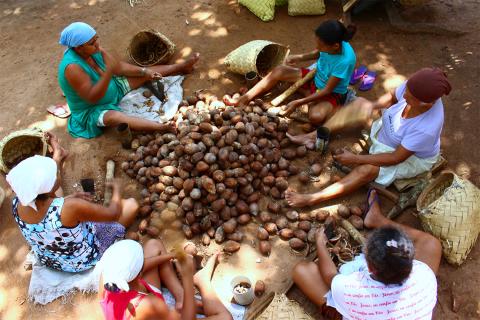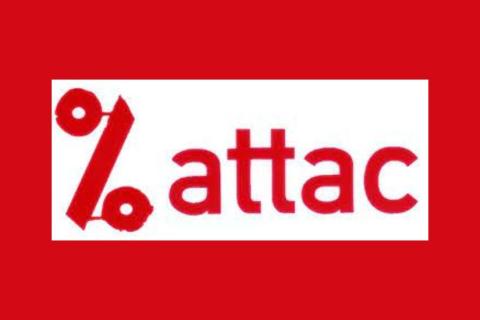The People’s Summit in Santiago, Chile was held January 25-27 as a parallel event to the summit meeting between the governments of the member countries of the European Union and the Community of Latin American and Caribbean States (CELAC).
Bulletin articles
We are once again approaching March 8, the international day of women’s struggle, on which we, as feminist women, also struggle against the commodification of nature. This commodification is deepened by the expansion of green deserts, which are portrayed as a step in the transition to a so-called Green Economy. This is a process based on false environmental solutions for a system in crisis, but which is, in fact, aimed at creating economic opportunities for the integration of nature into the market.
The three leading Liberian civil society organizations Sustainable Development Institute (SDI), Save My Future Foundation (SAMFU), and Social Entrepreneurs for Sustainable Development (SESDev) released a statement on January 31, 2013, calling for a review of Liberia’s agricultural policy. Since 2006, the Government of Liberia has entered into binding contracts – known as concession agreements – with three major oil palm producing foreign investors: Sime Darby (Malaysia), Golden Veroleum (Indonesia), and Equatorial Palm Oil (UK).
The Philippines has a great variety of minerals, including gold, copper, nickel, chromite, manganese, silver and iron. Mineral extraction increased rapidly after it was liberalized by the Philippine Mining Act of 1995, which gives full rights to foreign transnational mining corporations in indigenous territories, including 100% ownership, repatriation of profit and tax holidays thus violating indigenous peoples’ ancestral land rights.
On the occasion of International Women’s Day, March 8, the Red de Mujeres Defensoras de los Derechos Sociales y Ambientales (Latin American Network of Women Defenders of Social and Environmental Rights) – made up of women from Argentina, Bolivia, Chile, Colombia, Ecuador, El Salvador, Guatemala, Honduras, Mexico, Peru and Uruguay who represent a wide range of organizations, institutions, collectives and local groups, including environmental and research organizations, women from both the countryside and the city, professional women and others with a basic level of education – has published
The Singapore based agribusiness giant Wilmar - is expanding its operations in Africa. It already has approximately 50,000 hectares of oil palm plantations in Ivory Coast, Uganda and Ghana. More recently it has expanded to Nigeria going into a joint venture with PZ Cussons to set up huge extensions of oil palm plantations in Cross River State in the south east region of the country while promising the creation of thousands of job opportunities.
Tropical rainforests cover 85% of the total land area in Gabon. They are home to an immense diversity of species, on which some 300,000 people depend for their survival, through hunting, gathering, fishing and small farming.
The Garwula District, in Grand Cape Mount County, is one of the areas affected by the 63-year lease agreement signed by the Malaysian giant oil palm producer Sime Darby with the Government of Liberia in 2009. When the company established large scale export-oriented oil palm plantations the livelihoods of the local residents were disrupted, and women have had to cope with many difficulties.
A community petition on Avaaz.org calls for action against companies that subsidized by a European Union trade scheme, forcibly displace hundreds of thousands of Cambodian farmers from their land. These schemes are intended to benefit poor countries, but in Cambodia they have incentivized companies that steal people's land and make them poorer, while the benefits have flowed primarily to a business and political elite.
The organization Fian International - for the right to adequate food, began an action in October 2012 to end on 30 April 2013 in defense of peasant communities in Niassa province in Mozambique who have lost access to land used for food production and to natural forests and thus are facing food insecurity and violations of their right to food due to the establishment of large-scale tree plantations promoted and financed by Sweden.
Close to 3,000 members of the Peasant Women’s Movement (MMC), hailing from 23 different states, gathered on February 18-21 for the first national meeting of the organization. The central theme of the gathering was the fight against violence against women. On the morning of the last day, the women filled the plaza in front of the National Congress building in Brasilia with the colour purple and shouted out slogans.
